The US steelmaking sector showed resilience throughout 2023, with a significant increase in crude steel production and a capacity utilization rate of 73.1%. The capacity utilization rate was 2.5% higher than a year earlier, a strong performance. Year-to-date production was up slightly by 0.2% y-o-y as of December 30.
Despite economic challenges, the industry's resilience and positive economic indicators justify optimism for the US economy. The ferrous scrap market has remained stable despite various factors such as the Covid-19 pandemic, trade restrictions and the Ukraine war. Blast furnace-based plants in Europe are moving towards new production routes including the use of hydrogen-produced DRI and scrap. India's influence on global scrap supply is growing, while growth in low-emission metal production could accelerate decarbonization efforts. With the increase in production capacity, it is important to focus on one of the historical challenges: the supply of high-quality iron ore pellets.
The Mexican government has taken a step forward by imposing an 80% tariff on certain categories of steel imports from China, particularly Vietnamese exports of cold-rolled steel sheet. The move was a reaction to accusations of dumping by Chinese steel producers. At the same time, Mexico raised tariffs to 25% on certain steel products imported from countries without free trade agreements. These steps are intended to provide resistance to steel producers' efforts to circumvent anti-dumping measures. The US has also expressed concern about making the origin of steel and aluminum imports from Mexico transparent.
The effects of China's global steel exports are clearly visible and have led to declines in steel production in Latin America. China has become the region's leading steel supplier, accounting for around one-third of steel imports into Latin America. Brazilian steelmakers have called for a 25% tariff on steel imports from China, anticipating significant challenges for the Brazilian steel industry in 2024.


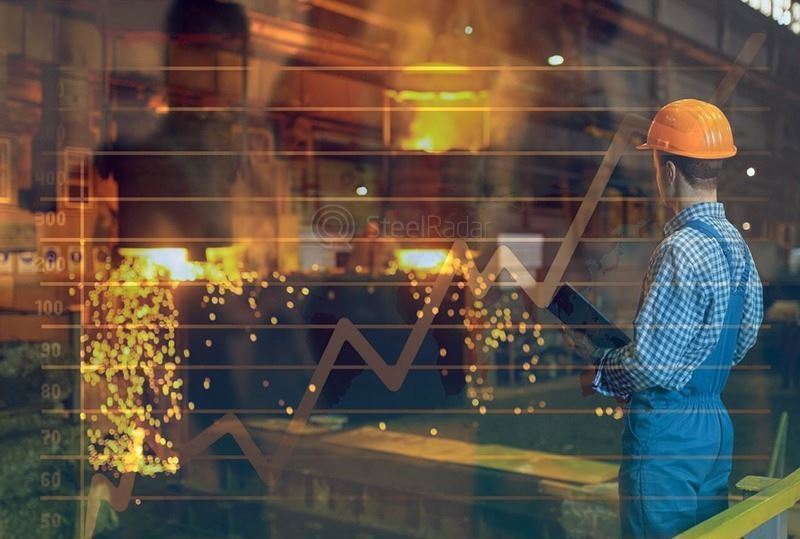

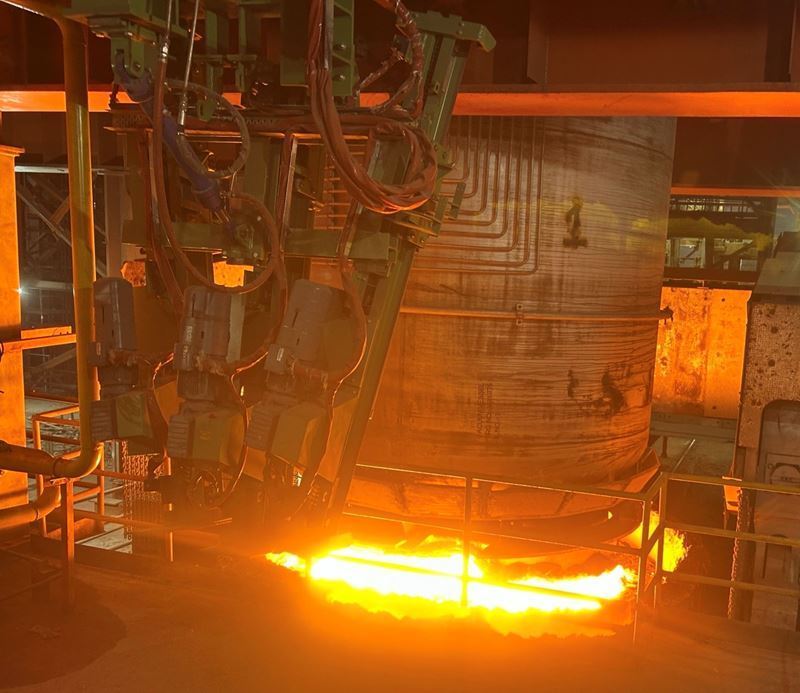
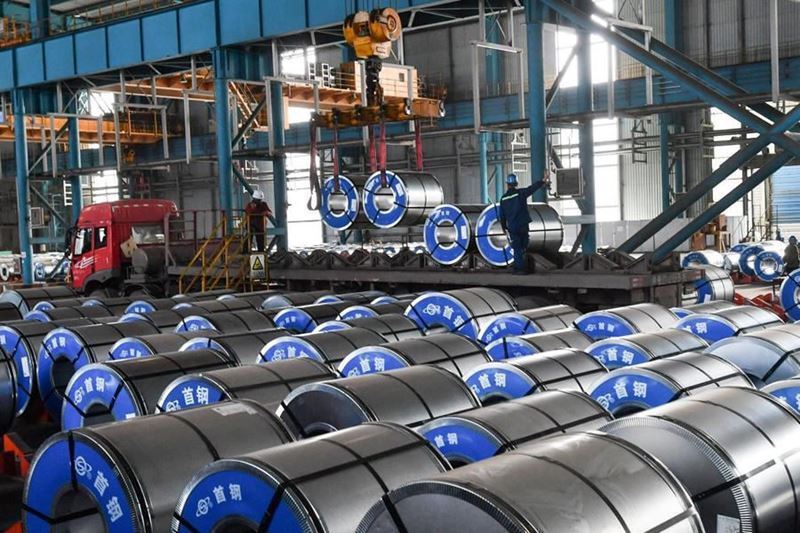
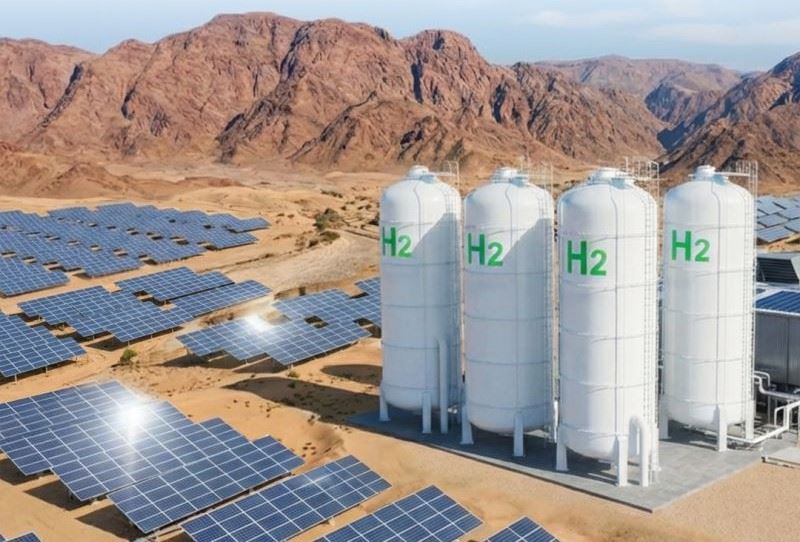
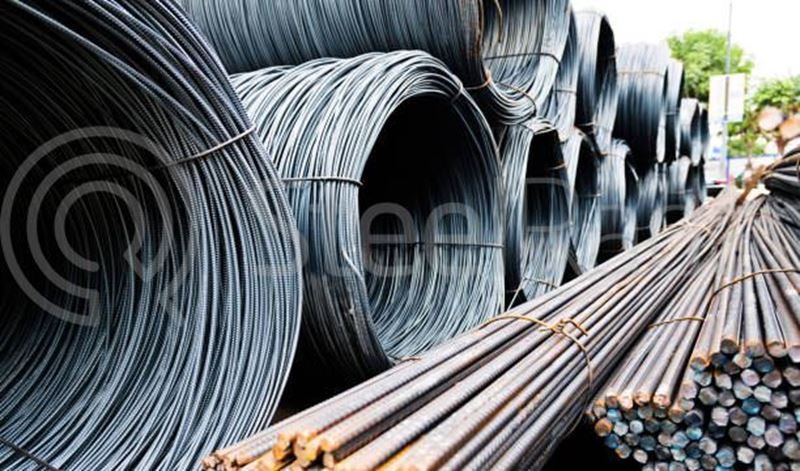

Comments
No comment yet.